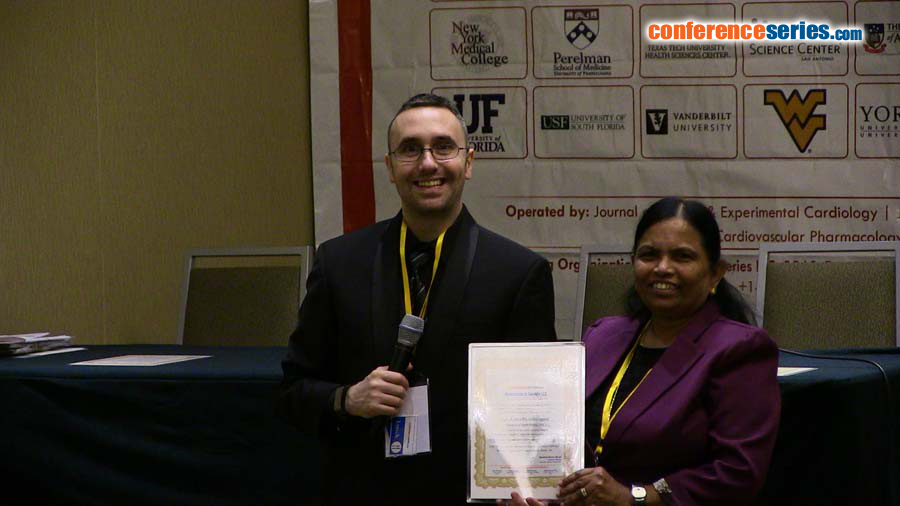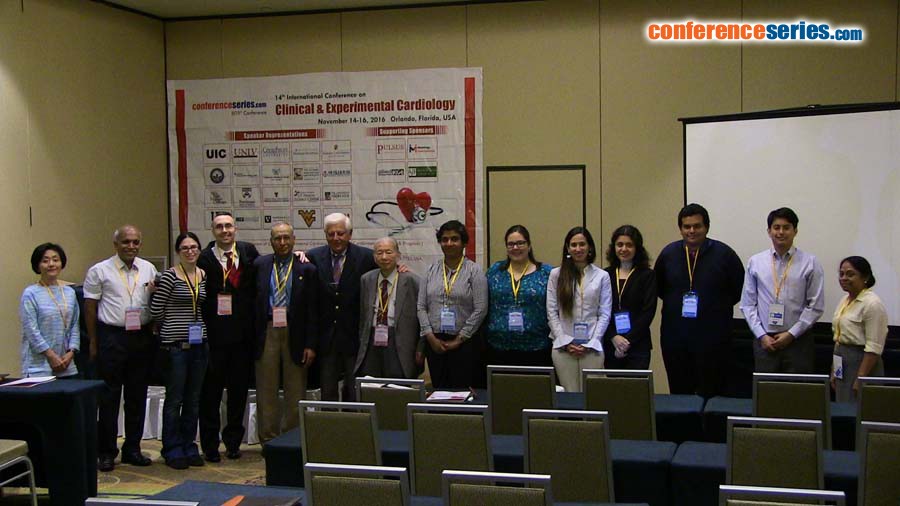
Ponrathi Athilingam
University of South Florida, USA
Title: Computerized auditory cognitive intervention to improve cognition thus improve heart failure self-care and quality of life
Biography
Biography: Ponrathi Athilingam
Abstract
Patients with heart failure (HF) have four times the increased risk of cognitive impairment; yet receive no routine cognitive screening. Moreover, cognitive training in HF is in its infancy. The potential mechanism of cognitive intervention is believed to be engagement in cognitively stimulating activities based on the principle of neural plasticity. In a pilot study, we examined the feasibility and potential efficacy of “Brain Fitness”, a computerized auditory cognitive intervention (ACT) in improving cognitive and functional outcome and calculate effect sizes for a larger study. A total of 17 participants were randomized to either ACT (n=9) or wait-listed control (n=8). Individuals continued ACT at home for 16 weeks or until 40 hours of training was completed. The wait-listed control group received standard optimized medical therapy during the first 16 weeks and after follow-up was given ACT. Data were collected at baseline and at 16-weeks or at completion of 40 sessions of ACT. The results indicated improvement in auditory speed of processing and speech processing that transferred to enhance memory and everyday cognitive performance with moderate effect sizes. The result also reflected potential to improve HF self-care behavior with a small effect size and improvement in HF related quality of life with a moderate effect size. In addition, participants in the ACT group showed a trend for improvement in ejection fraction, which has not been tested previously in any studies. The potential benefit of ACT on these HF specific outcomes warrants further exploration in a larger sample.




